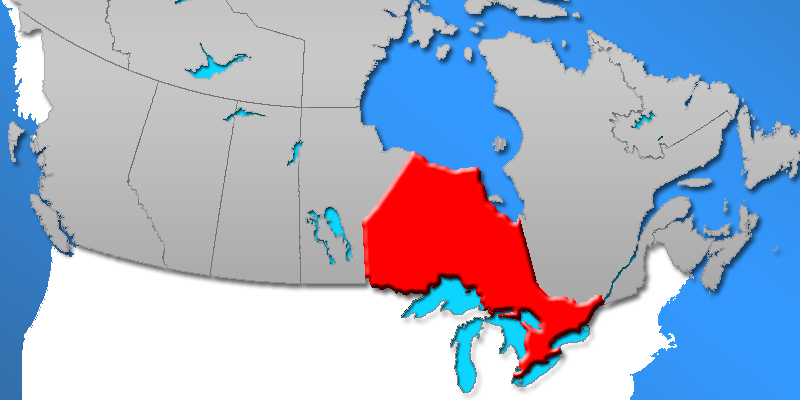Ford government should recognize 'recession' risks of huge deficit

Ontario is running a $14.5 billion budget deficit, and there are many reasons to worry about that.
Most obviously, such a big deficit means the province will add substantially to its huge debt load, which is projected to reach a whopping $347 billion this year. For context, that’s more than $24,000 per Ontarian. Of course, the government (which is to say taxpayers) must pay interest on all this debt—more than a $1 billion every month, which as a result, is unavailable for tax relief or public services.
There’s another good reason to be concerned about a $14.5 billion deficit that gets somewhat less attention. If a recession hits any time soon, the province will already be in a deep fiscal hole, which means the deficit could easily grow to record levels.
A recent Fraser Institute study looked at how a recession could blow a big hole in the federal budget. It warned that, with a $19.6 billion federal deficit already planned for next year, if a recession hit, the deficit could grow as large as $34.4 billion solely due to lost revenue. If the government undertook any type of spending stimulus in an attempt to fight the recession, the deficit would grow even bigger.
It’s important to consider the implications of this analysis for Ontario. When the last recession hit Ontario in 2008/09, provincial government revenues fell by 6.6 per cent over a two-year period. Meanwhile, the cost of several government programs (social assistance, for example) increased automatically while the government also intentionally cranked up spending as part of the stimulus effort.
The result was bad news for Ontario’s finances, as a $19.3 billion deficit hole emerged, from which the province still has not climbed out. But it’s important to remember that when the 2008/09 recession hit, Ontario’s budget was balanced. If another recession hit the province now, with a 10-figure budget deficit, things could get much worse than they did last time.
For example, if, as occurred during the 2008/09 recession, Ontario’s revenues fell by 6.6 per cent, that would mean a reduction of approximately $10 billion. Before a single extra social assistance payment is made and before a single stimulus dollar is spent, this would mean Ontario’s deficit this time around would be well over $20 billion—the largest in provincial history in nominal terms.
Of course, in reality, the cost of several provincial government programs would increase (as they automatically do during recessions) and the government may well implement discretionary stimulus spending increases. Again, these would drive the potential deficit higher and pile more debt onto future generations.
Ontario is now approximately a decade removed from its last large recession and it would be prudent for provincial government fiscal planning to consider the fact that another one will hit either sooner or later. Last time, despite entering the recession with a balanced budget, a huge deficit emerged that has not been eliminated a decade later.
The Ford government should recognize this risk and control spending while prioritizing deficit-reduction in its upcoming budget to help safeguard the health of provincial finances.
Author:
Subscribe to the Fraser Institute
Get the latest news from the Fraser Institute on the latest research studies, news and events.

